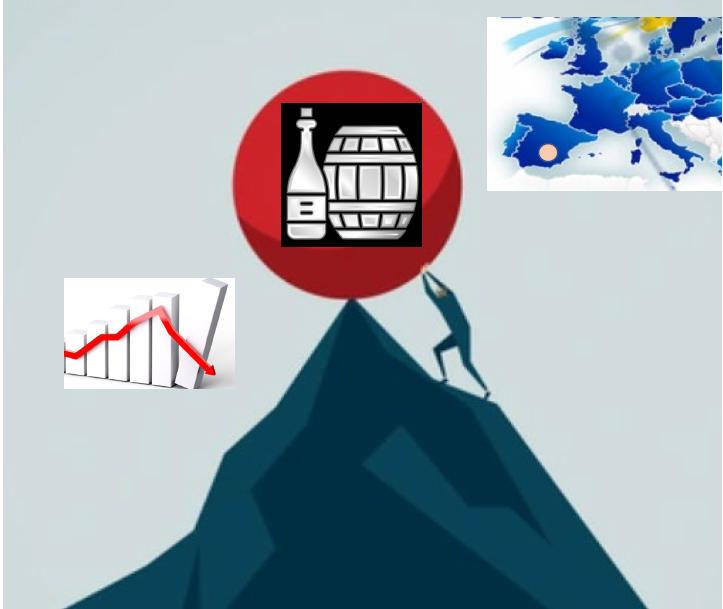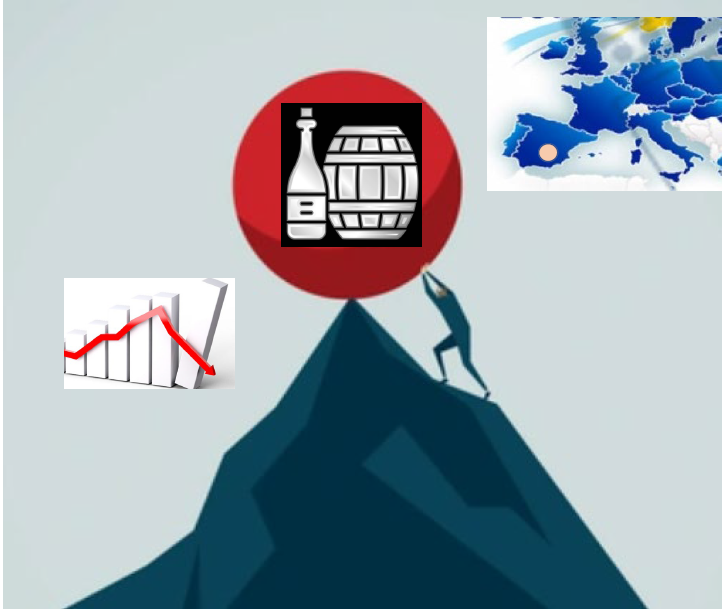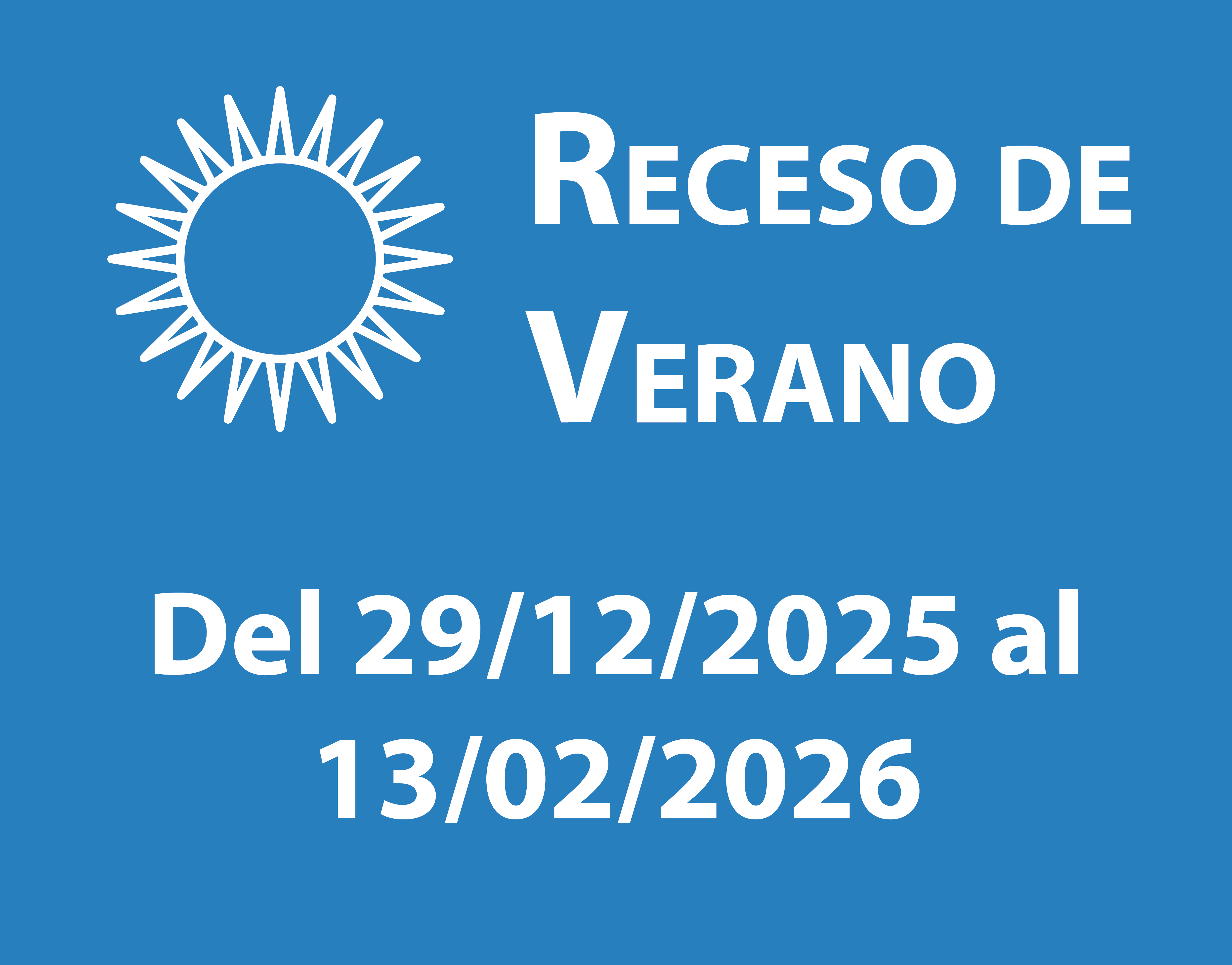Resilience and performance of wine cooperatives in Castilla La-Mancha (Spain) during a period of financial crisis
DOI:
https://doi.org/10.48162/rev.39.068Palabras clave:
Cooperativas, Vino, Resiliencia, Crisis económica, EspañaResumen

The economic crisis has had an asymmetric effect on Spanish and regional/local economies. This study aims to analyze the strategies developed by cooperative wineries in Castilla-La Mancha (CLM) and their impact on performance measurements. The paper opted for an exploratory study based on a compilation of financial statements consisting of the traditional economic-financial profitability ratios (ROA, ROI, ROS) plus a specific analysis, Return of Owner Cooperative (ROC). We have also used two financial measurements: Liquidity and Leverage. Trade dynamism is the hallmark of wine cooperatives in CLM in terms of strategic action in the face of a crisis. Their resilience is patent in the conquest of foreign markets via low unit costs, which have been transferred to sales prices. The paper has implications for the understanding of the resilience of the agricultural cooperatives during the crisis period in question. The consistency of the results provides a context to promote the cooperative model as an essential factor in the social economy. This paper fulfils an identified need to show the cooperative model as a resilient one in the agricultural field and in the context of rural development.
Highlights:
- Cooperative wineries contribute to economic and social development in Castilla La Mancha (Spain).
- Social economy companies withstood the crisis better due to their objective function (maximizing cooperative owners’ income) and thanks to their flexibility in terms of grape payment policies.
- The Return of Owner Cooperative (ROC) measures the transfer of income to farmers and is higher than the payment they would receive from other agents.
- The cooperative wineries have reacted to the crisis with good financial indicators: liquidity and leverage.
- The cooperative wineries have adopted a strategy based on exports that has allowed them to overcome the economic crisis.
Descargas

Descargas
Publicado
Cómo citar
Número
Sección
Licencia
Derechos de autor 2018 Revista de la Facultad de Ciencias Agrarias UNCuyo

Esta obra está bajo una licencia internacional Creative Commons Reconocimiento-NoComercial-CompartirIgual 3.0.
Aquellos autores/as que tengan publicaciones con esta revista, aceptan las Políticas Editoriales.











.jpg)




